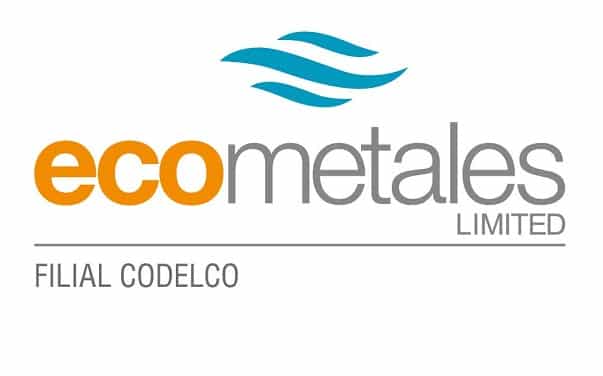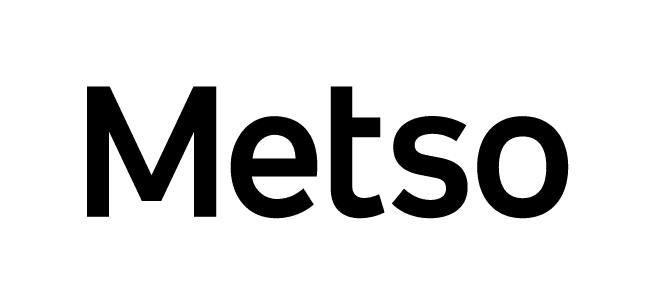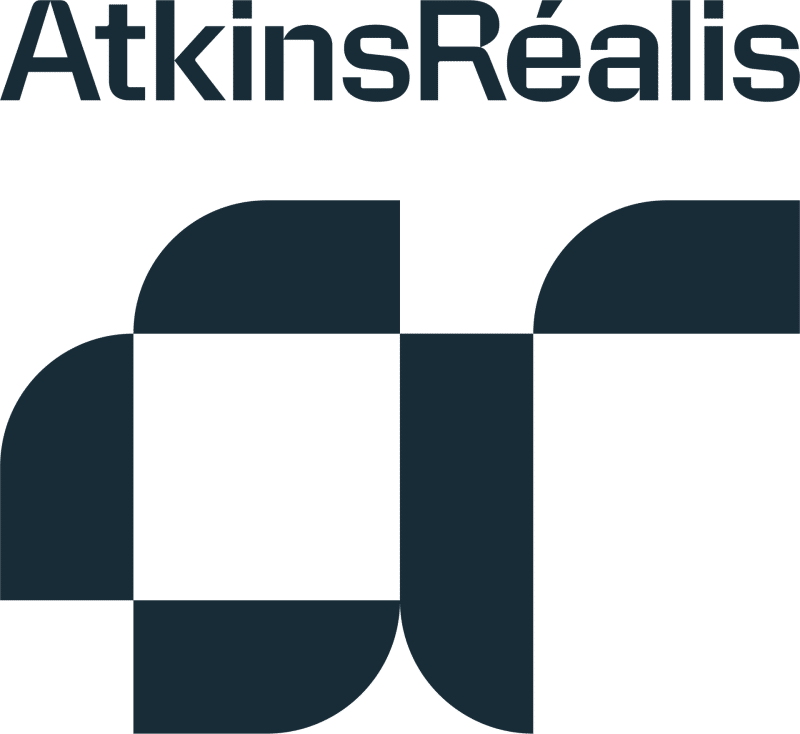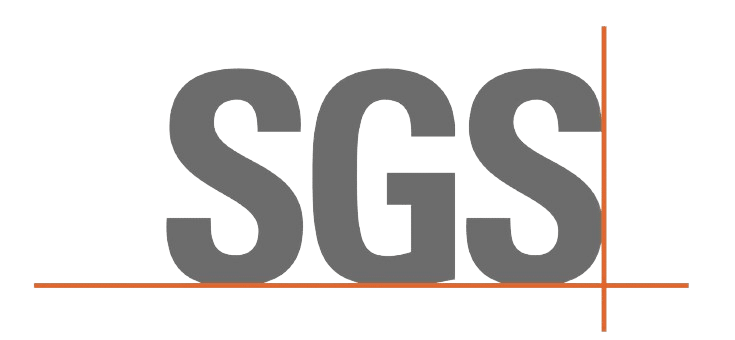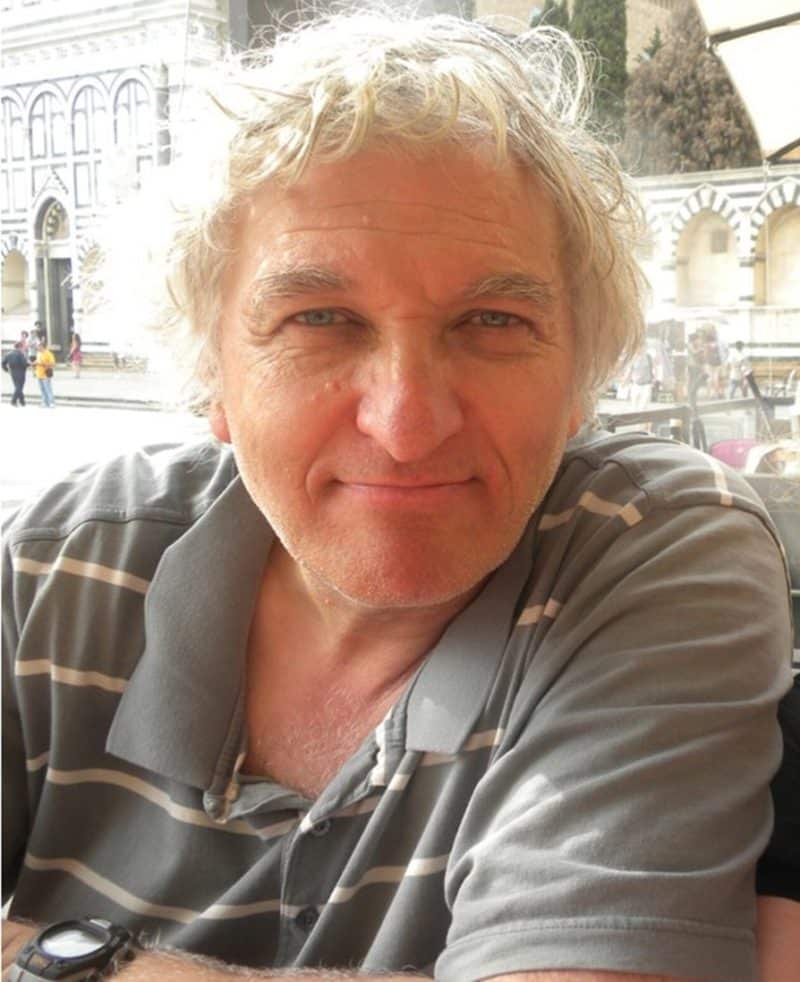Symposia
COM offers 9 different symposia. Click directly on the orange boxes to learn more about each symposia.
Advanced Manufacturing and Materials VII
The symposium welcomes the dissemination of emerging computational and experimental design strategies, process optimization, and other innovations that advance manufacturing of materials and structures using both additive and subtractive manufacturing technologies. Additionally, the symposium encourages research in computational simulation, structural optimization, and inverse design strategies of advanced manufactured architectures and meta-materials.
Objective
- Metal 3D printing
- Cold spray
- Laser welding
Intended Audience
The symposium is intended for professionals, researchers, and industry representatives working in additive manufacturing, subtractive manufacturing, digital manufacturing, alloy production/processing, and meta-materials.
Organizers
Chair: Bosco Yu, University of Victoria
Co-chair: Gaofeng Li, NRC
Yu Zou, University of Toronto
Peng Peng, University of Waterloo
Sravya Tekumalla, University of Victoria
Khaled Abusamk, EXCO Engineering
Sheida Sarafan, NRC
Derek Aranguren van Egmond, NRC
Abu Syed Kabir; Carleton University

Arsenic/Minor Element Controls in Metallurgical Plants
Objective
Ten years since the Arsenic Metallurgy Symposium held in Vancouver during COM 2014 it is timely and pertinent to have a new meeting that brings together experts from mineral separation and hydro/pyro extraction to by-product recovery and environmental stabilization. Such meeting will be highly valuable in showcasing both research and industrial advances as efforts intensify for securing raw material supply in a sustainable and clean processing direction. Minor elements like arsenic but also antimony, selenium, tellurium, and bismuth must be controlled not only in terms of effective environmental removal and stabilization but also in terms of by-product recovery given the high demand of some of them in several new advanced applications. Solutions to the challenges these elements impose can only be advanced via synergies of different technical approaches from mineralogy and mineral separations to their deportment during metallurgical processing (hydro/pyro), treatment and stabilization that consider process chemistry (speciation, thermodynamics, kinetics, modeling), economic factors and long-term environmental compliance. The symposium will cover different non-ferrous metal industries from mineral processing, smelting, roasting and acid plants to leaching, purification and electrorefining operations in addition to wastewater/effluent and residue/tailings treatment and disposal including minor element recovery.
Symposium is supported by the Hydrometallurgy and Pyrometallurgy sections of MetSoc.
Sponsored
This symposium is sponsored by ecometales.
Organizers
Chair: George P. Demopoulos, McGill University, Canada
Co-Chair: Alexandros Charitos, TU Freiberg, Germany
Co-Chair: Thomas Feldmann, 5N Plus Inc., Canada
Co-Chair: Elmira Moosavi, Ecole de Technologie Superieure, Canada
Co-Chair: Pascal Coursol, Glencore Canada Corporation, Canada
Armando Valenzuela, EcoMetales-a subsidiary of Codelco, Chile
Etsuro Shibata, Tohoku University, Japan
Sônia Denise Ferreira Rocha, Federal University of Minas Gerais- Brazil
Yongfeng Jia, Chinese Academy of Sciences, China
Konstantina Chalastara, Hatch, Canada
Maysam Moham, XPS (A Glencore Company), Canada

Corrosion and Environmental Degradation of Materials
Environmental degradation and corrosion can severely limit the durability and reliability of structural and functional materials, which include not only metallic materials but also ceramics, polymers, and composites. Environmental deterioration of engineering materials can be complicated, often dependent on material, chemical, and mechanical variables. This symposium aims to bring together scientists, engineers and technologists from academia and industry to discuss recent advances in theory, computational modeling and experiments related to corrosion and degradation of engineering materials and its control. General topics of interest interest include, but are not limited to, general and localized corrosion, metallurgical influences, chemical-mechanical interactions, mechanistic studies, corrosion control, corrosion sensing, and advanced characterization of corrosion phenomena. Applications of particular interest include, but are not limited to energy and power generation, fuel transportation, manufacturing and biomass/chemical processing.
Objective
- General and localized corrosion
- Environmentally induced cracking
- High temperature oxidation
- Surface treatments for corrosion prevention
- Sustainable corrosion control technology
Intended Audience
The audience of this symposium will be academic and industrial researchers working on the topic of corrosion and degradation of materials. The relevant industry sectors are aerospace, automotive, navy, oil, biomass and nuclear.
Organizers
Chair: Suraj Persaud, Queen’s University
Co-Chair: Joseph Kish, McMaster University
Hooman Gholamzadeh, Queen’s University
Kevin Daub, Queen’s University
Nicolas Huin, Canadian Nuclear Laboratories
Zoe Coull, ICE Dragon Corrosion
Shooka Mahboubi, Corrosion Service

Electrometallurgy for a Net Zero Economy
Objective
Present recent developments and application of innovative aqueous, molten salt or other electrometallurgical processing technologies for the processing of metals and other compounds, focussing on a net zero economy.
Intended Audience
Consulting / mining / processing / academia / manufacturing
Organizers
Chair: Georges Houlachi, Hydro Quebec
Eduard Guerra
F. Safizadeh
L. Birry
D. Baz
F. Liu

Extractive Metallurgy from Conception to Operation: Experimentation, Simulation, Pilot and Ramp-up
This symposium gathers academic and industry experts in extractive metallurgy, and focuses on the engineering pipeline that enables high energy, high temperature and/or high intensity processes, such as traditional pyrometallurgical processes, plasma processes, novel approaches to comminution and breakage, etc. applied to mineral and/or recycled feeds. Both ferrous and nonferrous extractive metallurgy will be featured.
A foundational understanding of a critical unit operation can be established with bench-scale experiments, often within an academic setting, but must be subject to multi-stage engineering projects to be integrated into the industrial scale, benefitting from computational tools and specialized simulation techniques. Moreover, existing metallurgical facilities require reengineering projects and continuous improvement to remain economically competitive, which also depend on experimentation and simulation, and on integrative engineering methodologies.
The symposium will be an exchange of perspectives, including reports on academic and industrial experiments, usage and development of computational tools, and general engineering perspectives on extractive metallurgy.
Sponsored
This symposium is sponsored by Metso and AtkinsRealis.
Objective
Specific themes include, but are not limited to:
- Case studies of successful and unsuccessful engineering projects
- Challenges in running high-energy experiments in the academic setting
- Hybridization of mineral processing and extractive metallurgy
- Hybridization of extractive metallurgy and recycling
- Current and future trends in extractive metallurgy
Intended Audience
Consulting & design firms, metal producers and mines, academics.
Organizers
Chair: Alessandro Navarra, McGill University
Co-Chair: Elmira Moosavi, École de technologie supérieure (ÉTS)
Leili Tafaghodikhajavi, McMaster University
Roberto Parra, Universidad de Concepción
Philippe Ouzilleau, McGill University
Anthony Buragina, BBA
Nagendra Tripathi, Rio Tinto

25th International Biohydrometallurgy Symposium (IBS 2024)
The International Biohydrometallurgy Symposium is a global forum that brings together representatives to share knowledge on advancements on science and technology in the field of mining biotechnology and discuss innovative solutions and best practice approaches in the industry.
Sponsored
This symposium is sponsored by Newmont.
Objective
Drawing from the expertise in biotechnology, chemistry, mineralogy, and engineering, mining biotechnology can benefit the resource sector by enabling the extraction of value from low-grade minerals and wastes streams, providing tools for minerals exploration and environmental monitoring, and mitigating harmful environmental impacts.
Topics:
- Bioleaching of metals from low-grade ores and concentrates
- Biomining engineering applications (e.g. in situ, dump, heap, vat, reactor)
- Biomining of wastes and circular economy
- Biotreatment of mining effluents for water recovery and cleanup
- Resource recovery from mine and process waters
- Bioaccumulation and biosorption for metal recovery
- Bioremediation and ecological restoration
- Molecular, and systems biology
- Omics of biomining
- Biological tools for mineral exploration, characterisation, sensing and monitoring
- Synthetic biology applications in the minerals industry
- Microbially caused problems in the mining industry (corrosion, fouling)
Intended Audience
Academia, mining, metallurgy, processing, governament, engineering and consulting.
Organizers
Chair: Vladimiros Papangelakis, University of Toronto
Elizabeth Edwards, University of Toronto
Krishna Mahadevan, University of Toronto
Celina Tufvegren, University of Toronto
Mandeep Rayat, University of Toronto
Nadia Mykytczuk, Laurentian University

Joe Ferron Memorial Symposium – Processing of Critical Materials
In memory of Joe Ferron for his important contributions to the Hydrometallurgy industry. Joe was instrumental in the development of many critical materials projects and the mentorship of the next generation of metallurgists,.
Sponsored
This symposium is sponsored by DRA Global and SGS.
Objective
The purpose of this symposium is to bring together global experts, researchers, and operators to discuss the recycling, mineral beneficiation, and hydrometallurgical processing of critical materials in honour of Joe Ferron and his contribution to the world of metallurgy. The organizers are particularly interested in receiving high-quality technical submissions concerning process development and/or operations involved in the processing of:
• Energy Storage Materials – Lithium, Nickel, Cobalt, Manganese, Graphite, Vanadium, etc.
• Rare Earth Elements (including scandium)
• Production and recycling of Lithium-Ion Batteries (P-CAM, CAM)
• Other elements and metallurgical processes contributing to “The Path to Net Zero” and a net reduction of Green House Gasses (GHG).
Intended Audience
Mining, metallurgy, processing, academia, consulting & design firms.
Organizers
Co-Chairs: Niels Verbaan, SGS Canada
Co-Chairs: Mike Johnson SGS Canada
John Goode, J.R. Goode and Associates
Gisele Azimi, University of Toronto
Ghazaleh Nazari, Coherent Corporation
Sridevi Thomas, SGS Canada
Ian London, CREEN
Georgios Kolliopoulos, University Laval

Light Metals for Transportation: Marine, Aviation, and Ground Applications
Objective
Light metals have been the cornerstone of innovation in the transport industry from land to air and the vast oceans in the last seventy years. With the commitment of the federal government of Canada to acquire 15 new frigates and 85 generation 5 fighter jets along with the current electrification wave in the automotive industry, there is a huge interest to develop advanced light metals including but not limited to aluminum, titanium, magnesium, and advanced high strength steels for the transport industry. This symposium is set to bring world leaders in the field of light metals processing, design, and characterization together to propose solutions for the challenges ahead to adopt new technologies in this industry.
Sessions/Subjects to be covered:
Abstracts are solicited for, but not limited to, the following topics:
1. Primary Light Metals Processing
2. Non-Ferrous Alloy Development for Lightweight Products
3. Progress in Manufacturing of Light Metals and Product Performance
4. Advanced Modeling of Materials and Processing of Light Metals
5. Design Optimization for Lightweight Components
6. Material Characterization of Lightweight Products
7. Joining, Coatings, Finishing, Corrosion, and Environmental Aspects
Intended Audience
This symposium is addressed to researchers, developers and applicants of light-metal alloy to present their leading-edge results and help to progress light-metals research and applications in this field.
Organizers
Chair: Mohsen Mohammadi, University of New Brunswick
Mihaiela Isac, McGill University
Sumanth Shankar, McMaster University
Carsten Siemers, Technische Universität Braunschweig
Clodualdo Aranas, University of New Brunswick
Hamed Asgari, University of New Brunswick
Ali Nasiri, Dalhousie University
Mousa Javidani, University of Quebec at Chicoutimi
Abdallah Elsayed, University of Guelph
Roderick Guthrie, McGill University
Ravi Ravindran, Toronto Metropolitan University
Julie Lévesque, Centre de Métallurgie du Québec

WALSIM X: Water, Air, Land Sustainability Issues in Mining and Metal Extraction
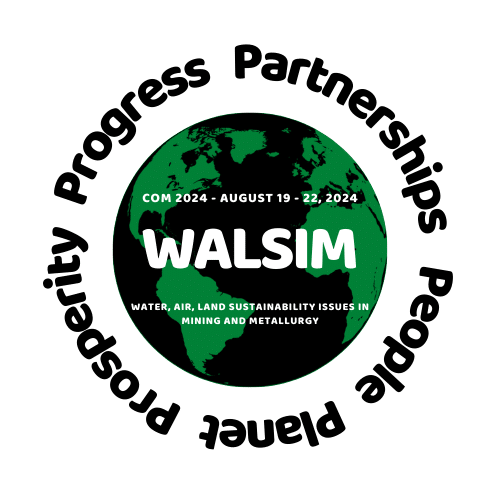
Objective
This year’s WALSIM symposium will be the tenth symposium on Water, Air, Land Sustainability Issues in Mining, Mineral Processing and Metal Extraction. The theme of the symposium will be focused on the technical advances being made by a wide variety of industries to promote more efficient and sustainable processes. In this regard, five major topics of relevance to the mining, minerals and metals industries are proposed as follows: towards zero waste, greenhouse gas reduction, water conservation, non-conventional resources and supply issues. Each of these topics is described in more detail below.
Towards Zero Waste: Mining, mineral processing and metal extraction can be integrated and this can lead to a circular economy that promotes the minimization of waste. Waste streams can in fact be considered as secondary resources of either valuable minerals or metals.
Greenhouse Gas Reduction: The various industries are trying to minimize greenhouse gas reductions. Papers are invited on the quantitative reduction of greenhouse gases, in particular carbon dioxide, for the mining. minerals and metals extraction industries.
Water Conservation: The conservation of water is of particular concern for the metal extraction industries and also for the environment. The water composition and its effects on the process, for example fresh water versus seawater, is an important consideration in mineral concentration processes.
Non-Conventional Resources: Landfills and other resources are being considered for metal extraction and this has become known as urban mining. Also, landfills release leachates from which metals could be recovered. Other non-conventional resources include deep sea polymetallic nodules.
Supply Issues: The supply of materials is becoming an issue due to a number of factors including geopolitics and supply-chain challenges. From obtaining a permit to start a mine to shipping raw materials around the world, the supply of materials is becoming a significant issue.
Papers concerning other relevant sustainability subjects, which do not fully align with the proposed symposium topics will also be considered. If a group of papers are submitted on a particular topic then a separate session can be added.
Intended Audience
This symposium should be of interest to people in industry, academia, government, and research.
Organizers
Co-Chair: Chris Pickles, Queen’s University;
Co-Chair: Brittany MacKinnon, Hatch;
Co-Chair: Charlotte Gibson, Queen’s University;
Co-Chair: Laurie Reemeyer, Resourceful Paths
Marc Duchesne, Natural Resources of Canada
John Forster, Sepro Mineral Systems
Ashok Srinivasan, Metso
Kara Serenius, Rio Tinto
Daniela Rossetto, Geomega Resources
Ashok Dalvi, Dalvi Associates Inc


